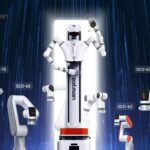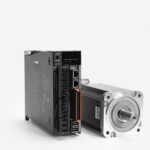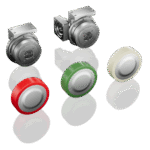The harsh environmental conditions in steel mills place extreme requirements on components.
Quick Flex elastomeric couplings from Lovejoy, manufactured by R+L Hydraulics GmbH in
Werdohl, Germany, are used by a well-known European steelmaker to drastically reduce
downtime. The couplings transmit torque to drive the roller tables in a hot rolling mill. The
thermally stable couplings are low-wear, low-maintenance, and help minimise downtime.
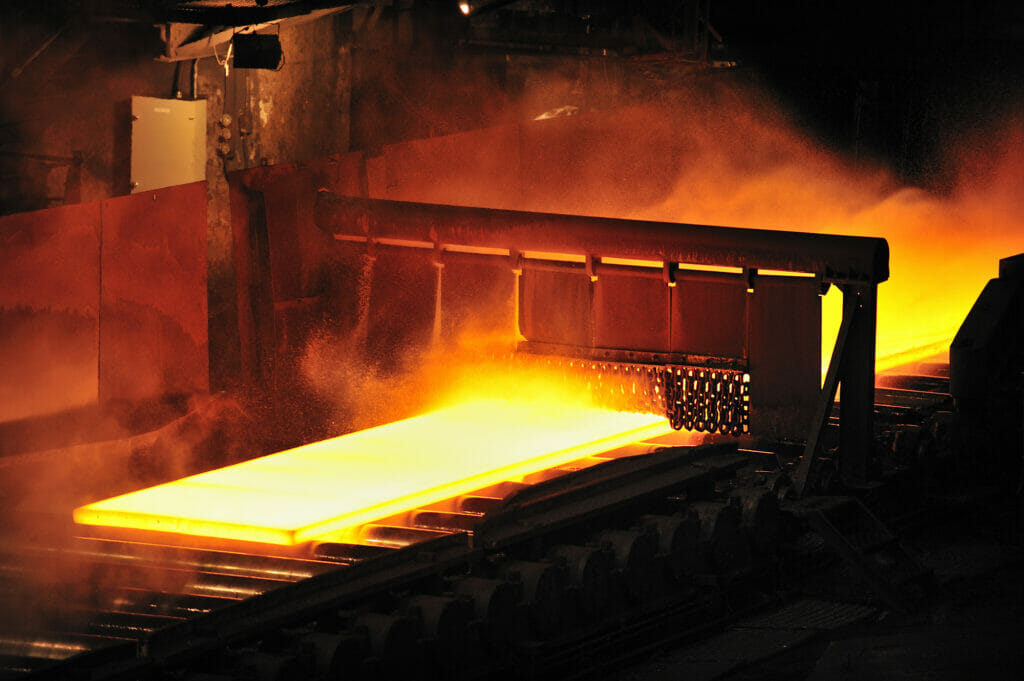
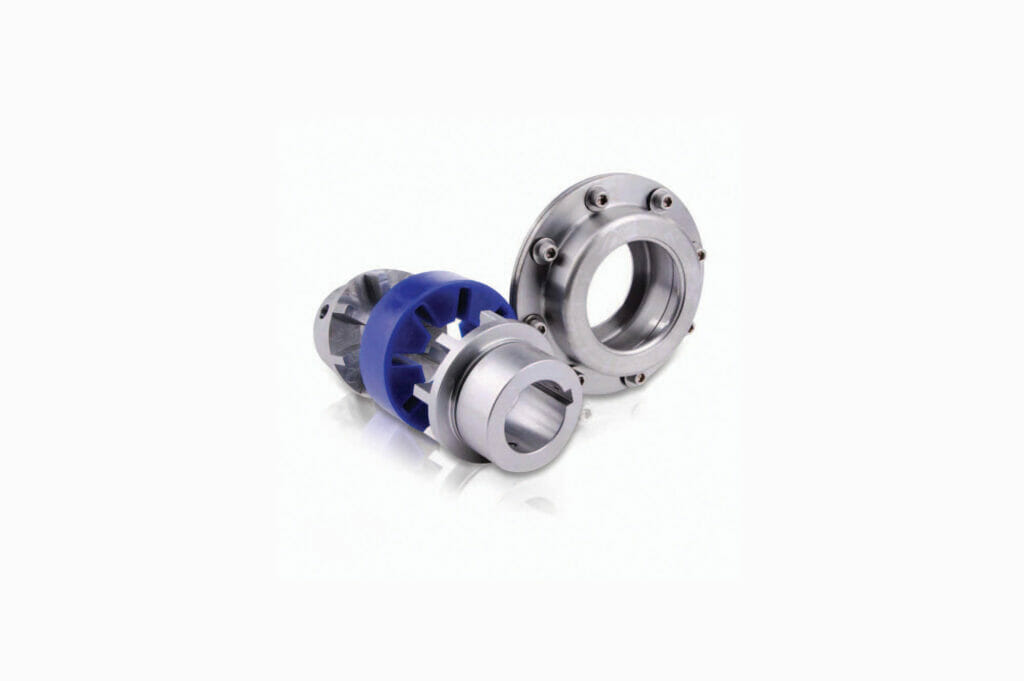
In the steelmaking process, molten pig iron produced in the blast furnace is transformed into
crude steel in converters. The crude steel is then cast into long strips called slabs in continuous
casting lines. The slabs, up to 10 m long and weighing as much as 25 tons, are rolled and
shaped to form strip steel or steel wire rolls. Glowing from heat, these slabs are transported on
roller tables. To avoid high heat damage to the conveying rollers, the slabs must move
continuously on the rollers until they cool down or are ready to enter the next processing step.
Surrounding equipment component reliability is crucial: “If a roller table coupling fails, it may be
possible to continue working until the next planned stoppage, but this risks damaging the roller,”
says Detlef Peick, Business Development Manager for the couplings division at R+L Hydraulics
in Werdohl. “This leads to longer downtimes for subsequent repairs, and high roller replacement
costs. Stopping the roller table avoids damage to the roller, but creates a production bottleneck
for the downstream line operations.”
Typically in the past, this application has used gear couplings that are good at handling shaft
displacements that occur due to the regular temperature fluctuations. Simultaneously, gear
couplings safely transmit high turning moments. “However, gear couplings have disadvantages,”
says Detlef Peick. “They need frequent lubrication, and must be opened regularly for inspection
at high cost and inconvenience. When the coupling hubs or sleeve bodies need replacement,
the gearbox must be removed from the drive shaft and possibly even the electric motor must be
removed from its base first. After replacement, the gear mechanism and the electric motor must
be realigned to ensure proper functioning. These activities take a lot of time – time which in
steelmaking is very expensive.”
This is where Quick Flex elastomeric couplings help. Their torque transmission capabilities equal
those of gear couplings. But the elastomer inserts used in Quick Flex couplings eliminates
metal-on-metal contact that can cause damage and wear to the hubs. The coupling’s design
allows easy access to the elastomer insert. After loosening a few screws on the easy-to-remove
covers, inserts can be inspected or replaced in a matter of moments. Different cover options
meet a range of application needs.
“It’s easy to inspect and maintain the couplings without taking the line out of service for long
periods,” says Detlef Peick. “Expensive stocks of spare metallic coupling components are no
longer needed. Only elastomer inserts must be held in stock. Should a failure occur despite the
ease of inspection and servicing, it may still be possible to continue production without
jeopardising the roller, because a ruptured elastomer insert interrupts the flow of forces, so the
roller table can continue to operate by using the adjacent rolls to move the slabs. The insert can
be replaced later in just a few minutes, without removing the gearbox or drives.”
Since Quick Flex couplings do not require lubrication, regular oil checks and relubrication are no
longer needed. The elastomer inserts are available in three degrees of hardness and a high
temperature-resistant material that protects against overheating if a slab stays on the roller table
longer than planned.
The Quick Flex coupling series was designed specifically to withstand harsh operating
conditions and require only minimal service. In addition to steelmaking, the couplings are ideal
for use in mining, oil and gas, food processing, and pulp and paper applications – wherever
tough environments place extreme demands on components.
About R+L Hydraulics:
R+L Hydraulics GmbH, headquartered in Werdohl, Germany, produces and markets a wide
range of Raja hydraulic accessories and Lovejoy couplings. In July 2016, The Timken Company
(NYSE: TKR; www.timken.com) acquired Lovejoy and their local subsidiary R+L Hydraulics.
Timken engineers, manufactures and markets bearings, gear drives, belts and industrial chains
and other industrial motion and power transmission components. In addition to Lovejoy and R+L
Hydraulics, the Timken product and services portfolio includes the brand names of Groeneveld,
Cone Drive, ABC Bearings, EDT, PT Tech, Torsion Control Products, Diamond Chain, Rollon
and Nadella.
For more info – https://www.rl-hydraulics.com/
PR via –
Christiane Tupac-Yupanqui
TPR International
Trade Press Relations & Translation Services
Phone 0049 (0)8142 44 82 301
[email protected]
[email protected]
www.tradepressrelations.com



